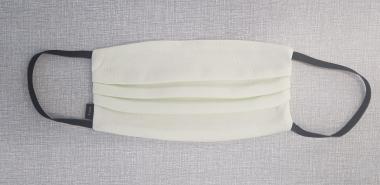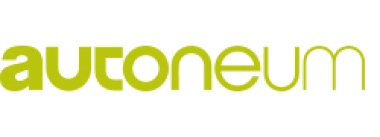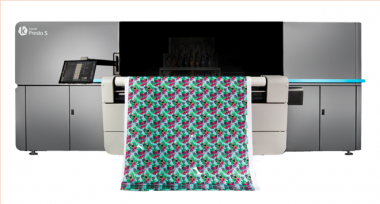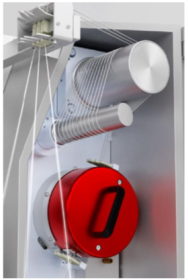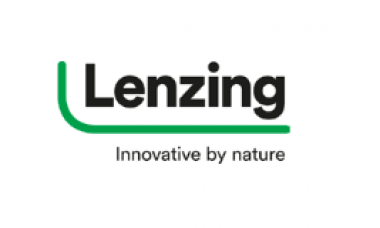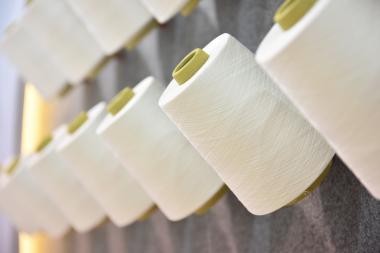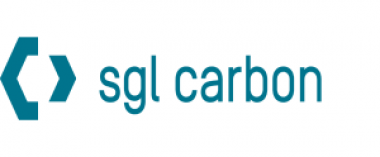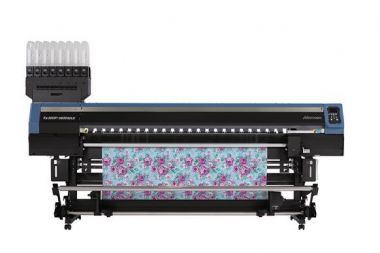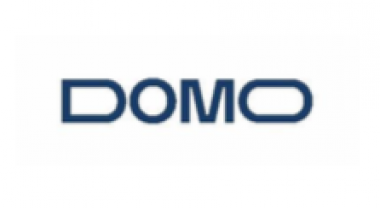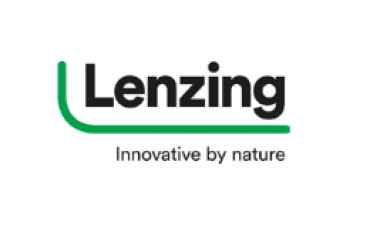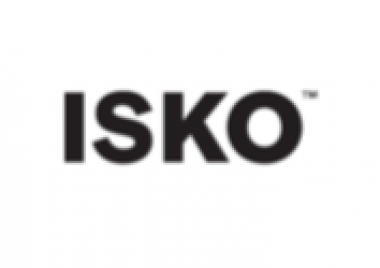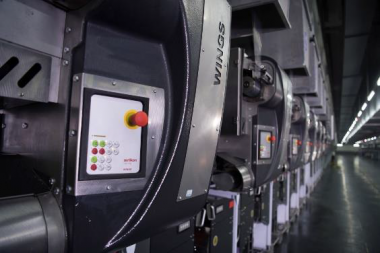Rösch Fashion GmbH & Co. KG produziert Mund- und Nasenmasken im eigenen Werk
Die Rösch Fashion GmbH & Co. KG in Tübingen hat gemeinsam mit ihrem Schwesterbetrieb Rösch Mode Kft. in Kecskemét/Ungarn Mund- und Nasenmasken entwickelt, die das Umfeld vor Ansteckung durch Speichelaustritt schützen sowie gleichzeitig unnötige Berührungen im eigenen Gesicht vermindern. Seit Mitte März läuft die Produktion der nicht-zertifizierten Masken mit einer wöchentlichen Kapazität bis zu 100.000 Stück.
Rösch Fashion hat auf die zahlreichen Nachfragen reagiert und gemeinsam mit Rösch Mode Kft. drei verschiedene Varianten von Masken entwickelt und getestet. Seit Mitte letzter Woche läuft bereits die Produktion unter anderem für eine internationale Organisation sowie für einen Apothekenverband. Gleichzeitig werden kontinuierlich neue Maskenvarianten, künftig auch für Kinder, entwickelt und getestet. Aktuelles Top-Produkt ist die dreilagige Maske aus Jersey, fixiert mit Vlies und Jersey. Die Maske wird mit einem Gummiband hinter den Ohren fixiert. Alle Materialien werden von langjährigen Partnern bezogen und in dem familienfreundlichen Betrieb in Ungarn und in Kleinmengen bei Rösch Fashion in Tübingen konfektioniert.
Die Wochenkapazität beträgt derzeit rund 100.00 Stück, wobei weitere Kapazitäten mit Nachdruck aufgebaut werden.
Die Masken werden mit Priorität an Großabnehmer aus dem medizinischen Bereich sowie an systemrelevante Firmen und Institutionen geliefert. Im zweiten Schritt ist auch eine Abgabe an Privatpersonen über den Online Shop www.roesch-fashion.com geplant.
Parallel entwickelt ein weiterer Schwesterkonzern, die RÖKONA Textilwerk GmbH & Co. KG, Textlilien für zertifizierbare Masken und Schutzanzüge. In Kooperation mit Rösch Mode Kft. kann auch hier die Konfektion bis zum Endprodukt auf Kundenwunsch abgebildet werden.
Gerhard Rösch GmbH


